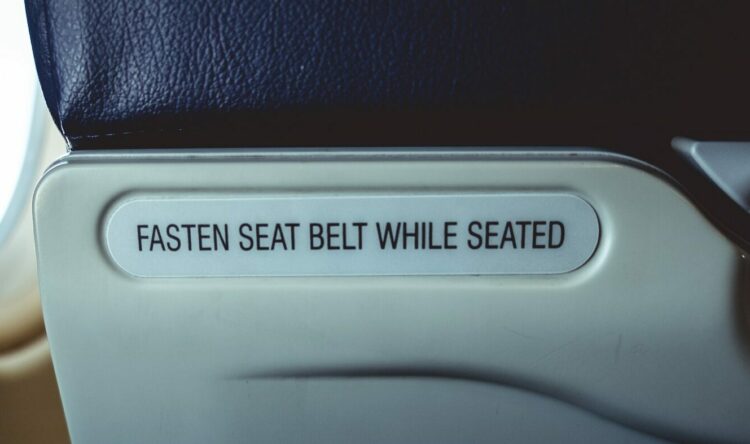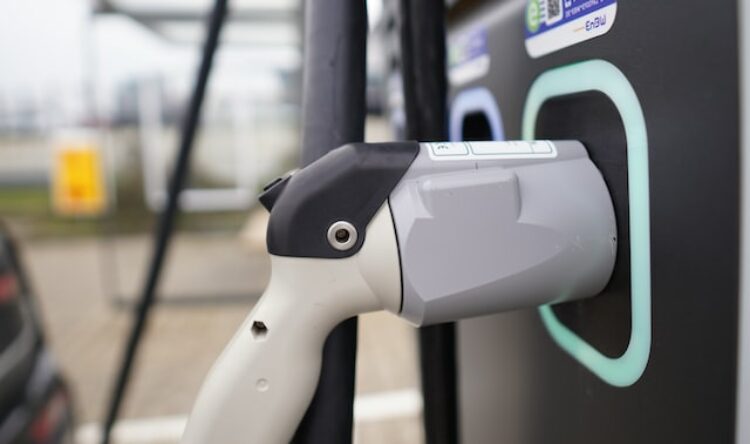Yawn Yawn
New driver tiredness detector being developed
Driving tired is an issue that has led to multiple road safety campaigns in recent years.
It was recently the subject of a key presentation and Young Driver Focus ‘. Professor Ashleigh Filtness highlighted a the particular issues when it comes to young drivers. This is a time in our lives when the normal circadian rhythm goes out of kilter. Young people require more sleep than adults, yet have a more active lifestyle combined with high hormonal activities.
Filtness made the point that if your brain wants to sleep, whatever you try, from caffeine to opening a window will not help. When the brain wants to sleep, it will.
Between 15-30% of all crashes involve driver fatigue.
Waking up
With this in mind, the latest announcement of a new tool to detect lack of sleep has been developed.
The new blood test has been created by researchers in Australia .
Based at Monash University in Melbourne, it will provide police with a new roadside tool. They will then be able to ore easily prosecute drivers who either cause or risk incidents through tiredness.
Research suggests that having as little as five hours sleep makes a driver as risky as someone over the alcohol breathalyser limit.
A killer
In the UK, data suggests that 20% of all vehicle accidents involve tired drivers. Tiredness is a contributing factor to up to 25% of crashes that cause fatalities or serious injuries.
The Australian team has so far found five chemical indicators in the bloodstream. These provide a 97% accuracy rate that can tell them whether participants had been awake for 24 hours or more.
This research team is hoping to soon be able to detect how many hours of sleep a person actually gets. However, this will require more research .
In the toolbox soon
Speaking to The Guardian, Professor Shantha Rajaratnam, one of the research scientists, says that although forensic tests to make determinations could be available to laboratories within two years, the prospect of equipping police with roadside test equipment would be several years off.
“With the right investment to be able to scale this, I reckon that within five years we will be able to implement these biomarker-based tests”. He believes it prove an important tool for “safety-critical industries such as trucking, commercial aviation and mining”.
Setting the alarm
UK’s Department for Transport is not currently considering sleep tests or a legal minimum sleep level for drivers. However, it confirms it has ‘noted’ the Australian research.
Drivers being fit to drive any vehicle is already a legal requirement. Road safety campaigners have welcomed the news of possible future tiredness tests.
Sonya Hurt, boss of the Road Safety Trust, said: “Driver fatigue is a significant and serious issue. Government statistics show in 2021, 467 people were either killed or seriously injured in collisions where fatigue was noted as a contributory factor. Therefore, any work to reduce the impact of sleep deprivation is welcome as we strive to improve road safety and save lives.”






